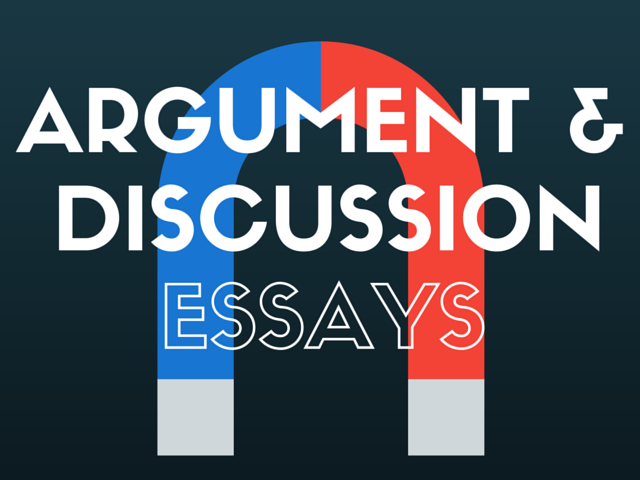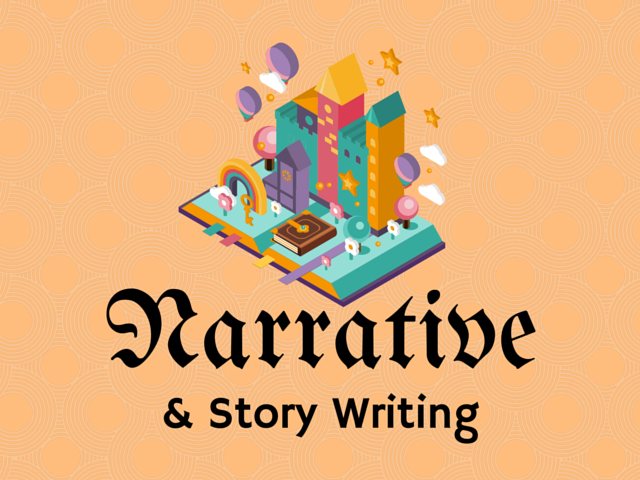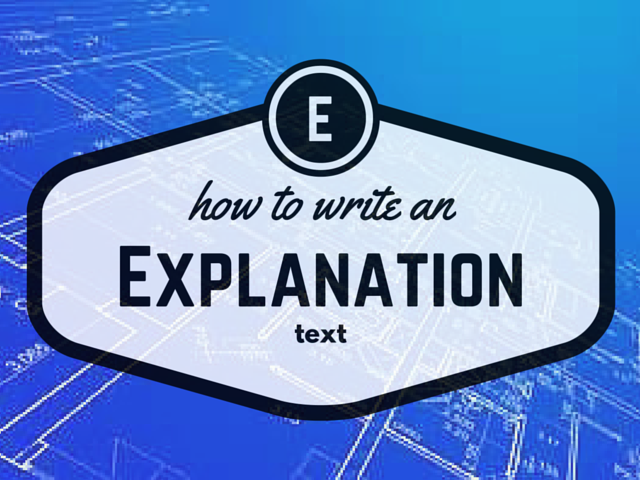Apostrophes, Bloody Apostrophes!
/

Please feel free to print and distribute this material if you find it is useful.
This work is published under a Creative Commons Attribution-NonCommercial-ShareAlike 3.0 Unported License.
Apostrophes are probably the most misused punctuation marks in contemporary written English. When used correctly, they enhance language by providing extra information in a sentence to better convey your meaning. When not used correctly, they can muddle your message and irritate pedants like myself.
It is not widely known that there is an international siblinghood that takes note of these things and applies harsh, but just, measures when serial offenders are identified. Next time you get a cockroach in your coffee when dining out, ask yourself, "Have I been misplacing my apostrophes lately?". You may not have noticed, but believe me, others have!
There are two primary situations when apostrophes are used. The first is to denote ownership and the second to indicate an abbreviation. (A 'contraction' I think is the technical term.)
Ownership
When two words are linked through one having some sort of ownership over another the apostrophe indicates this.
The girl's cat killed an alarming number of small native birds.
The girl owns a cat. When we refer to her cat, we use an apostrophe to show this.
Incidentally, cat skins make great hats. To wit: The environmental warrior's hat was made entirely of cat skins. (Note the apostrophe.)
Using Apostrophes with Singular and Plural Words
When one person owns something, the apostrophe comes before the 's'. When more than one person owns something, the apostrophe comes after the 's'.
The girl's cat bit the postman.
One girl had a cat, to the postman's regret.
The girls' cat bit the postman.
The cat was owned by more than one girl - perhaps they were sisters with a perverse dislike of male mail personnel.
The tree's limbs fell on the hiker's tent - rendering him temporarily disgruntled.
One tree dropped some limbs onto a tent belonging to one hiker. You know immediately there was one tree dropping limbs onto the tent of one hiker.
The trees' limbs fell on the hikers' tent - rendering them pained on the scone.
More than one tree dropped limbs onto a tent belonging to more than one hiker. You know immediately there were multiple trees dropping limbs onto the tent inhabited by multiple hikers.
The tree's limb fell on the hikers' tent - rendering them temporarily disgruntled.
One tree dropped a limb onto a tent belonging to more than one hiker - one hopes they were not overcrowded in there. You know immediately that the limbs came from one tree but that there was more than one hiker.
It gets more complicated if the word doing the owning is already plural. Then the apostrophe comes before the 's' again.
The crowd's wrath was tangible.
We know a crowd is more than one person, but as it is a collective term it is treated as a singular. After all, there is only one crowd.
The people's will was expressed to Jeffrey, but to Jeffrey's ultimate demise, he didn't listen.
The 'will' belongs to the people, the 'ultimate demise' belongs to Jeffrey.
Abbreviations
When two words are condensed into one, and some characters are dropped out, we use an apostrophe to illustrate that this has happened.
Don't we?
Do not we?
I shouldn't leave now, as the bailiff is waiting outside for me.
I should not leave now, as the consequences could be ugly.
Exceptions
The main exceptions are its and it's. It's means it is. For possession use its.
It's a rather hot day today.
It is a rather hot day today.
The dog chased its tail
The tail belongs to the dog but this is an exception so no apostrophe. You wouldn't say 'the dog chased it is tail' would you?
Never
Never use an apostrophe when a word simply ends in 's' because it's plural.
The use of the apostrophe in the word highlighted in red below, "boat's" is incorrect.
There was a large number of boat's.
The 's' just means there were more than one. It makes no sense whatever to include an apostrophe there.
This page was created and is maintained by Ian Wright, (former Manager of Learning Innovation at the University of Ballarat - now working at the University of the Sunshine Coast in Queensland). I welcome feedback and comments and can be emailed at misterianwright[at]gmail.com. I'd like to acknowledge the many people who've provided feedback and those who have made suggestions - resulting in a number of improvements to this page. This page was first written in the early 90's of last century as a paper-based document. Like many of us, it has since migrated onto the Internet.
I also acknowledge the anonymous person who took me to task for my alleged 'cat hating'! I don't hate cats, but I do hate them being in environments where they are unrestrained and destroy precious native wildlife.
Last updated: Oct 4 2012











